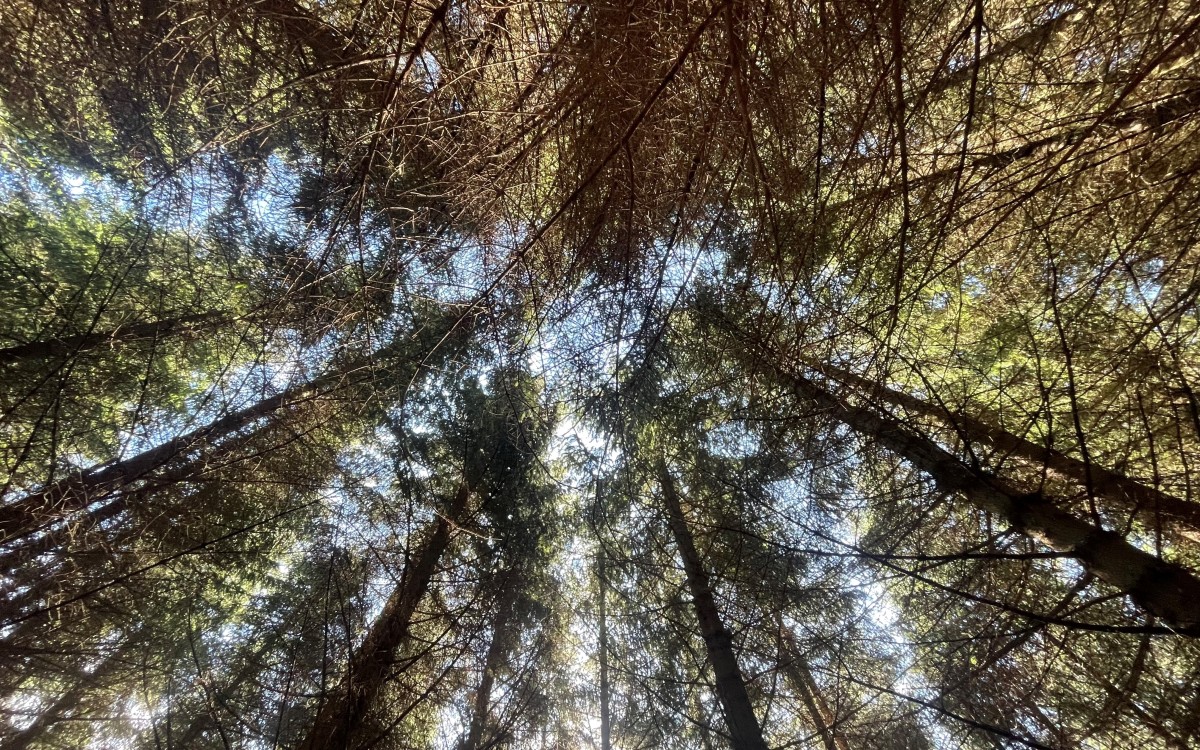Creating New Products from the Spruce Forests of Nordland

Can the Nordic spruce forest be utilized in new, sustainable products? The DelWaWood project aims to find out.
The Nordland region in Northern Norway extensively planted spruce trees throughout the 1950s and 1960s. These trees are now ready for harvesting, and the State Administrator in Nordland is interested in determining whether the spruce can support a profitable wood industry and contribute to increased local value creation. To explore this further, the Nordland Research Institute has been tasked with assessing the potential. It will collaborate with a network of forest experts from Sweden and Finland.
"In Nordland, the amount of harvested forest is much less than what there should be," says senior researcher Jarle Løvland at Nordland Research Institute, who is the project manager for the DelWaWood project. This project, funded by the EU as part of the Interreg program, aims to strengthen cooperation across national borders. The project starts at the end of August and runs until 2027.
"Only about a quarter of the annual forest growth in Northern Norway is harvested, while the national average is two-thirds. The key question is how to use these resources to create new products profitably and sustainably," Løvland continues.
Reducing carbon footprint
The main goal of DelWaWood is to develop solutions that reduce the carbon footprint of the forestry and construction industry, particularly in Sweden and Finland, by recycling waste from the construction industry into new products.
"The project's northern Norwegian part takes a different direction, focusing on maximizing the use of increasing forest resources," says Løvland.
Forestry and construction sectors can reduce their carbon footprint by using local wood resources and cutting the need to transport materials over long distances. When we use forest resources and wood waste for building construction and building elements, we increase the long-term storage of carbon. This is more beneficial than burning the materials for energy recovery, which would cause increased emissions.
Creating Niche Products: A Strategic Plan
DelWaWood is a collaborative effort between knowledge communities and industries in Norway, Sweden, and Finland. The forest and wood products industry is extensive and well-developed in the neighbouring countries. There is much to learn from these nations for Nordland, which is in the early stages.
Most of Norway's forest and wood products industry is located in the southern part of the country. However, exceptions exist, such as Arbor in Hattfjelldal and Svenningdal in Grane. In the northern region, there is a need to improve the infrastructure for wood processing. For example, according to Løvland, the nearest larger sawmill is Namdal in Trøndelag.
The researcher mentioned that the project's goals do not involve creating forestry in Nordland that can compete with large-scale industry in other places. Instead, he proposes developing specialized production in small, regional networks in favourable areas with easily accessible forest resources.
"This can form the basis for establishing sawmills and generating volumes for cooperative supply from local companies. We will further explore these opportunities in geographical pilot projects," says Løvland.
Lofoten and Vesterålen, Rana, and Salten are all particularly favourable regions. The three locations have different qualities, but access to forests and a good network of industry and knowledge players are expected in all areas. The idea is that the expertise and resources of the various actors on-site can reinforce and complement each other.
"The forest resources from these pilot areas are to be tested as raw materials in, for example, the production of building elements," says Løvland. "The scale will be small, but it is about creating profitability and an industry that can survive and develop."
It will be beneficial to have the Swedes and Finns on the team. "Our Finnish partners have experience with forest utilization and making prototype products, while Luleå University of Technology specializes in structural testing," says Løvland.
"We can have the properties of the products validated and assessed to know whether there are grounds for mobilizing an investment in Nordland," says Løvland. He also looks forward to collaborating with the Norwegian partners to finalize pilot solutions that can increase the local value creation of the region's growing forest and wood resources.

